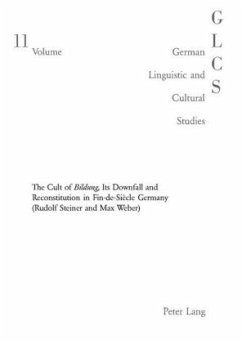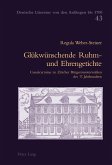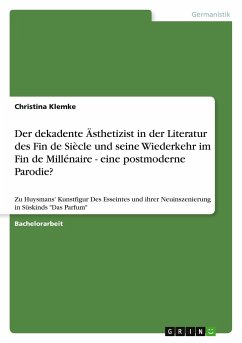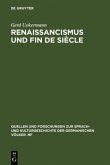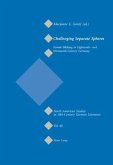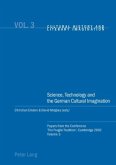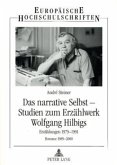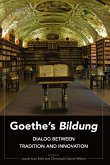This study traces how Rudolf Steiner (1861-1925), founder of Anthroposophy and the Waldorf schools, and the sociologist Max Weber (1864-1920) confronted the societal transformations in fin-de-siècle Germany as their primary identity marker - Bildung or self-formation - began to break down. The book documents the German bourgeoisie's failure to modernise as an "imagined community", shedding new light on the larger question about the interrelationship of science, religion and culture by situating Weber's and Steiner's work into the broader context of the sociocultural and sociopolitical transformations during which it was created. Moreover, by exploring the influences across disciplines in a historical context the book provides insight into the cultural implications of new social science and religion at the beginning of the twentieth century.

